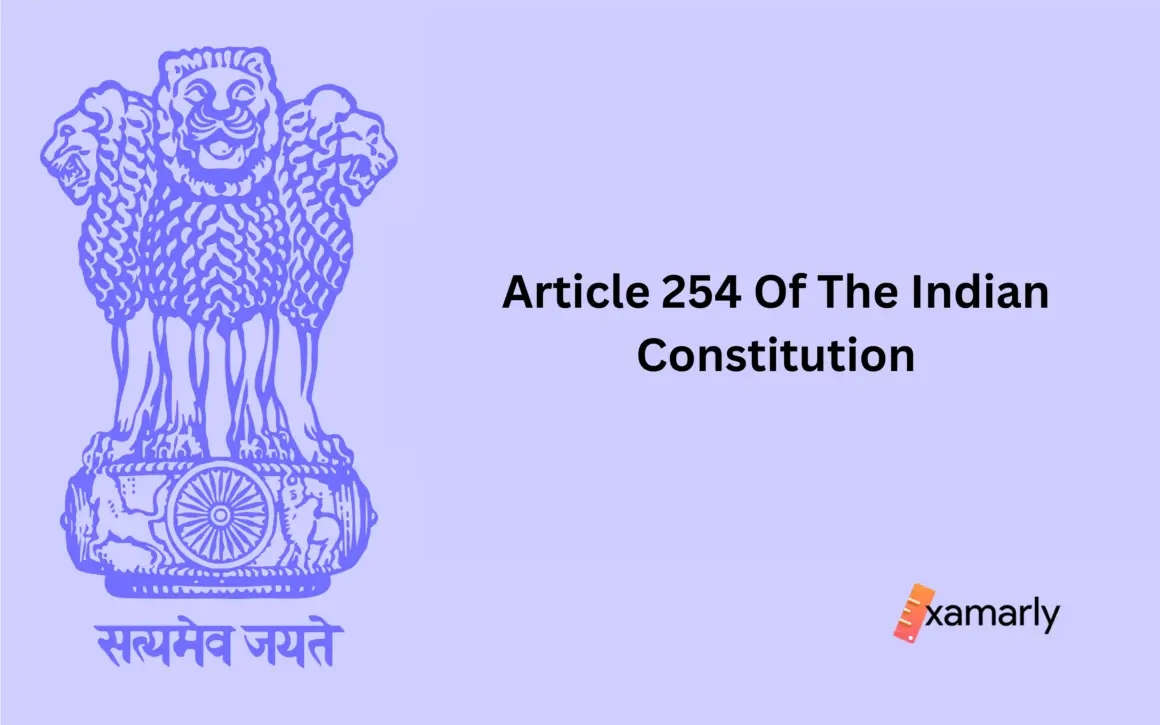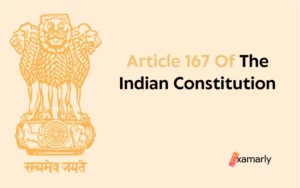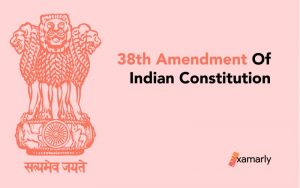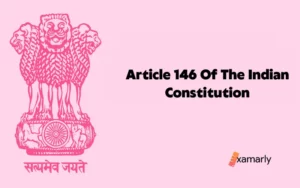Article 254 of the Indian Constitution deals with the inconsistency between laws made by the Parliament and laws made by the state legislatures.
It provides that if a law made by the state legislature is repugnant or inconsistent with a law made by the Parliament, then the law made by the Parliament shall prevail and the state law shall, to the extent of the repugnancy, be void.
- Article 254 Of the Indian Constitution – In Detail
- Summing Up
- FAQs
- What happens if a state law is inconsistent with a Central law?
- Can a state law prevail over a Central law under any circumstances?
- Can a state law be repugnant to a Central law even if it relates to a matter in the State List (a list of subjects on which only the states can legislate)?
- Can a state law be repugnant to a Central law even if it was enacted after the Central law?
Article 254 Of the Indian Constitution – In Detail
Let us break down each and every clause present in the Article and have an in-depth understanding.
Clause 1 – As it is & Explained
254. Inconsistency between laws made by Parliament and laws made by the Legislatures of States
(1) If any provision of a law made by the Legislature of a State is repugnant to any provision of a law made by Parliament which Parliament is competent to enact, or to any provision of an existing law with respect to one of the matters enumerated in the Concurrent List, then, subject to the provisions of clause ( 2 ), the law made by Parliament, whether passed before or after the law made by the Legislature of such State, or, as the case may be, the existing law, shall prevail and the law made by the Legislature of the State shall, to the extent of the repugnancy, be void
The first clause of Article 254 of the Indian Constitution says that if a part of a law made by a state’s legislature conflicts with a part of a law made by Parliament that Parliament is allowed to make, or with a part of an existing law about one of the things on the Concurrent List, then, unless clause (2) says otherwise, the law made by Parliament, whether it was passed before or after the law made by the state’s legislature, or the existing law, shall apply.
Clause 2 – As it is & Explained
(2) Where a law made by the Legislature of a State with respect to one of the matters enumerated in the concurrent List contains any provision repugnant to the provisions of an earlier law made by Parliament or an existing law with respect to that matter, then, the law so made by the Legislature of such State shall, if it has been reserved for the consideration of the President and has received his assent, prevail in that State: Provided that nothing in this clause shall prevent Parliament from enacting at any time any law with respect to the same matter including a law adding to, amending, varying or repealing the law so made by the Legislature of the State
The second clause of Article 254 says that if a law made by the legislature of a state about one of the things on the Concurrent List contradicts an earlier law made by Parliament or an existing law about that thing, then the law made by the legislature of that state takes precedence in that state, as long as it has been sent to the President for review and has received his approval
Related – Article 233 Of The Indian Constitution
But, Provided that nothing in this clause stops Parliament from passing a law on the same subject at any time. This includes a law that adds to, changes, replaces, or gets rid of the law made by the State Legislature.
Summing Up
We can conclude from Article 254 of the Indian Constitution that legislation made by the Legislature of a State is subject to the Concurrent List. If a law contains any provision repugnant to an earlier law made by Parliament or an existing law with respect to that matter, then the earlier law will prevail in that State.
FAQs
What happens if a state law is inconsistent with a Central law?
If a state law is inconsistent with a Central law, then the Central law shall prevail and the state law shall be void to the extent of the inconsistency.
Can a state law prevail over a Central law under any circumstances?
Yes, state law can prevail over a central law if the President of India gives his assent to the state law or if the state law has been reserved for the consideration of the President and has received his assent.
Can a state law be repugnant to a Central law even if it relates to a matter in the State List (a list of subjects on which only the states can legislate)?
Yes, state law can be repugnant to a Central law even if it was enacted before the Central law. The provisions of Article 254 of the Indian Constitution apply regardless of the order in which the laws were enacted.
Can a state law be repugnant to a Central law even if it was enacted after the Central law?
Yes, state law can be repugnant to a Central law even if it was enacted after the Central law. The provisions of Article 254 of the Indian Constitution apply regardless of the order in which the laws were enacted.






